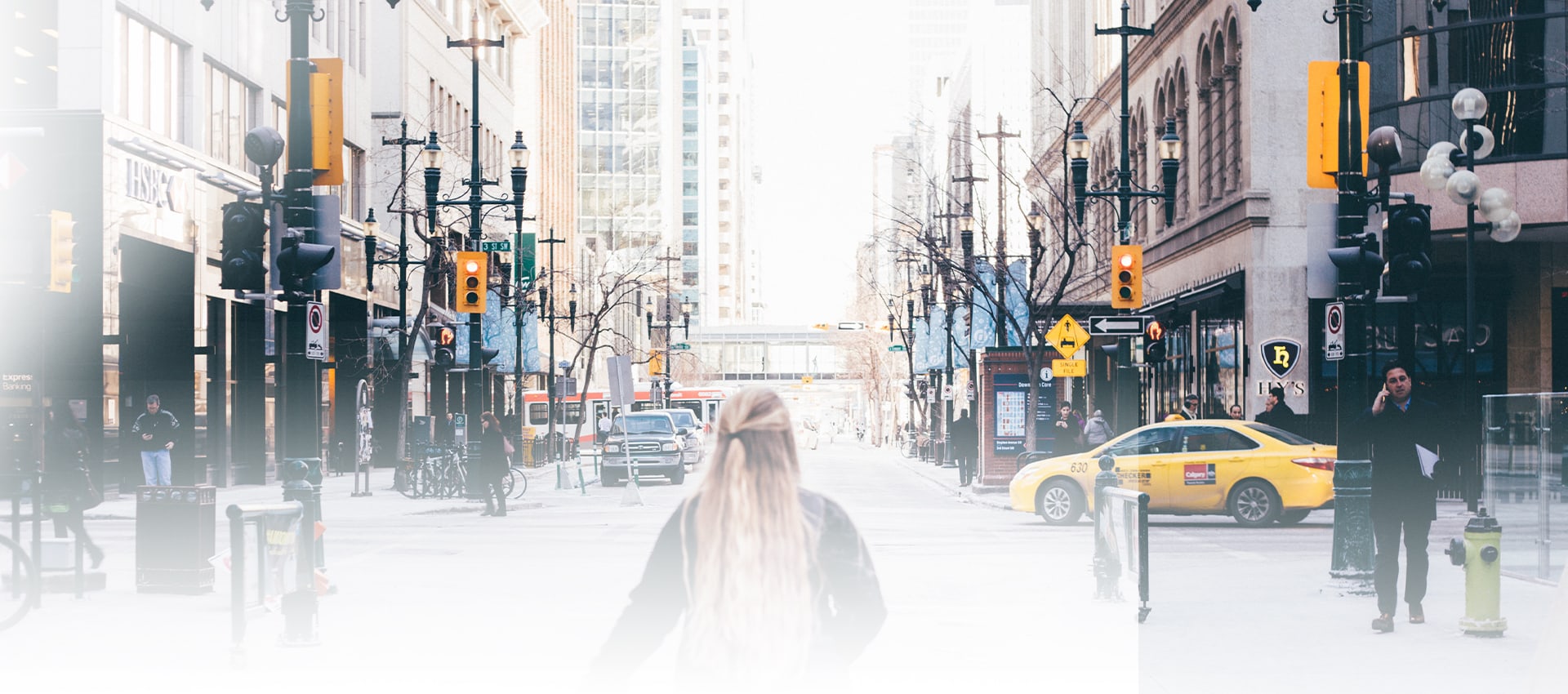Q3 Update from our Executive Director, Jerilyn Dressler
Hello everyone! I hope you all had a lovely long weekend and that you were able to take some time to reflect on what you’re grateful for. I am grateful that we have officially surpassed the six month mark of the pandemic. It has been a very long and difficult six months, but I have been amazed at the resilience and adaptability of the people around me. The team at Distress Centre continues to flex muscles we didn’t know we had, which has allowed us to innovate and continue to provide timely and accessible crisis support to the community, 24/7.
At Distress Centre, we have been talking about self-care and creating a community of care since embedding these concepts into our Strategic Plan in 2019. Now that we have passed the six-month mark of the pandemic, and the seasons are changing, we want to share our thoughts on creating personalized self-care plans with the community. Isolation/loneliness has been a top issue on our crisis services since the beginning of the pandemic, and the winter months may further hinder our ability to come together and support one another. We want to encourage everyone to be prepared for the challenges ahead.
[edgtf_blockquote text=”Now that we have passed the six-month mark of the pandemic, and the seasons are changing, we want to share our thoughts on creating personalized self-care plans with the community.” title_tag=”h2″ width=””]
We must take good care of ourselves in order to care for others. By making sure we have a personalized self-care plan, we can create the capacity within ourselves and within our community to care for each other. You can build that capacity within yourself by prioritizing you and your self- care. Building this capacity will help you empathize and think of others more often.
Check in with your family, friends, neighbours and colleagues. Offer assistance and support to people you think or you know are struggling. Find someone who might be experiencing the same challenges as you are, and connect with them around how you are coping. This will help them, and can also help you. All of these things – taking care of ourselves and caring for others – make our homes, workplaces, neighbourhoods and community more inclusive, caring, and supportive.
Take care of yourselves, and one another.
Personalized Self-Care Plans
See this information as a PDF.
Background: Why?
- Focus on self-care and creating a community of care a strategic priority for Distress Centre
- Both within our agency and within the broader community
- Life preserver analogy: we must take care of ourselves in order to care for others
- An inclusive, caring, supportive community benefits everyone!
Why Now?
- Ongoing impact of the COVID-19 pandemic
- Lengthy nature of pandemic and potential second wave
- Winter months may cause an increase in loneliness/isolation – a top concern on Distress Centre’s crisis contacts throughout COVID-19
- Change fatigue and fatigue with the pandemic in general
- We will need to remain adaptive in the coming months and continue to minimize the risks of COVID-19
Self-Care vs Community of Care
- Both are important and contribute to our wellbeing
- Both lead to people feeling well and supported, and havign increased capacity to support others
| Self-Care | Community of Care |
|---|---|
| Self-led | Agency AND staff led |
| Builds self-awareness/self-connection | Builds connection with others |
| Sustained by the individual | Built into agency culture (inclusive, caring, supportive) |
| Commitment to caring for yourself | Commitment to caring for others |
Self-Care
- Self-care needs are very different for every individual
- Every individual has unique stressors and buffers in their lives
By focusing on self-care and creating internal capacity to help and care for others, we help create a community of care!
High Level Structure
- Personal
- E.g. Mind, Body, Spirit
- Professional
- Being engaged in meaningful work is a buffer! However…
- We must focus on sustainability
- Boundaries and clearly defined work and home life
- Preventing compassion fatigue and burnout
Goals
Self-care plan should have high level goals, broken down into:
- Activities
- What will best contribute to your self-care and make you feel good?
- What will help you accomplish your goals?
- Support needed
- Support from the people around you – family, friends, colleagues
- Formalizing “Scuba buddy” role or peer support encouraged
Creativity
You are encouraged to map your own personalized self-care plan using your creativity
- You do not need to share your creativity with anyone if you don’t want to
- You are encouraged to share high-level details of your plan with the people around you, with a focus on the support you need (plus the bonus of accountability)
